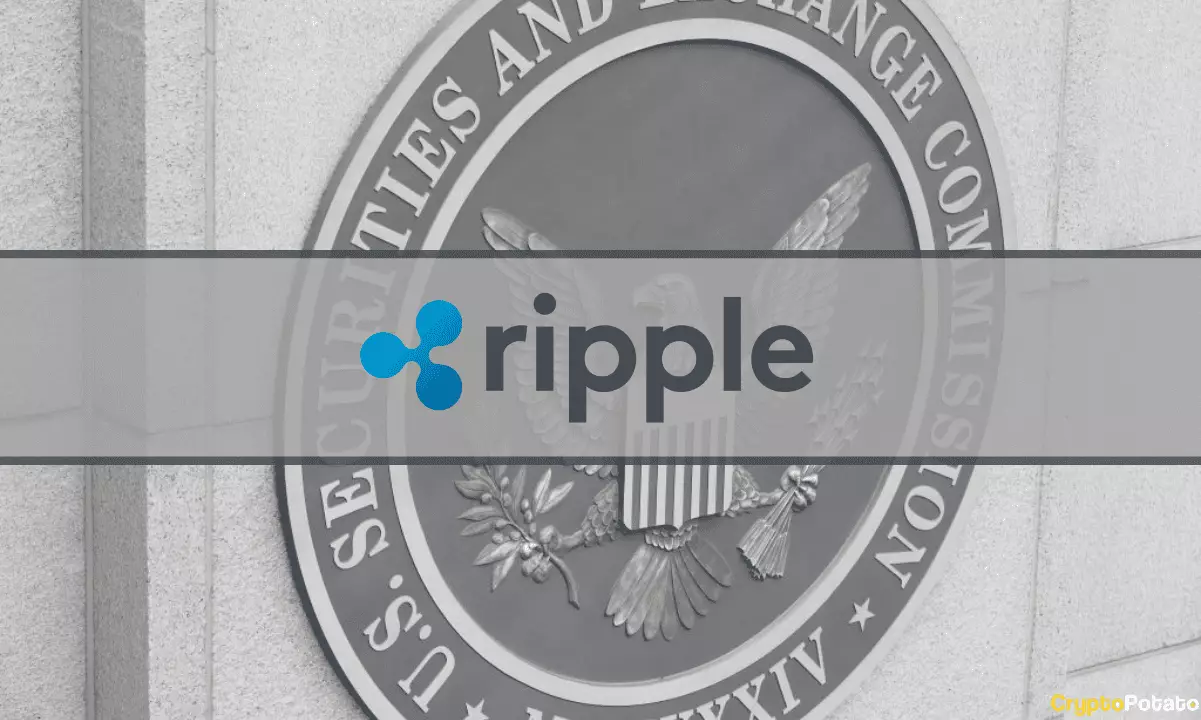On October 2nd, the U.S. Securities and Exchange Commission (SEC) filed an appeal concerning the ongoing litigation with Ripple Labs, signaling a potential prolongation of one of the industry’s most scrutinized legal battles. This move comes after a pivotal ruling from Judge Torres in 2023, which stated that the secondary sales of Ripple’s XRP token do not classify as securities sales under existing laws. The judge’s decision hinged on the interpretation of the SEC’s Howey test, which determines whether an asset qualifies as an investment contract. This appeal has reignited tensions between regulatory authorities and cryptocurrency entities, leading to broader implications for the digital asset landscape.
Ripple’s legal team, led by Chief Legal Officer Stuart Alderoty, expressed disappointment but not surprise at the SEC’s decision to appeal. Alderoty argued that the ongoing actions by the SEC merely extend an already embarrassing chapter for the regulatory agency, especially considering that the court had already dismissed allegations of any wrongdoing on Ripple’s part. Ripple’s narrative emphasizes the absence of fraud claims, victims, or losses—factors that usually undergird serious regulatory scrutiny. Alderoty’s statements reflect a broader skepticism towards the SEC’s motives, labeling them as an exercise in “litigation warfare” instead of meaningful regulation.
XRP, Ripple’s native digital asset, has not escaped the fallout from this legal battle. Ripple’s CEO Brad Garlinghouse further articulated the firm’s resolve, indicating that XRP’s designation as a non-security is presently established under the law, regardless of the SEC’s continued challenges. This sentiment points to the crypto industry’s growing frustration with outdated regulatory frameworks that struggle to keep pace with technological advancements.
Political figures, such as Massachusetts Senate candidate John Deaton, have also weighed in, criticizing the SEC’s approach as excessive and indicative of an anti-crypto agenda. Deaton’s engagement suggests a growing intersection of politics and cryptocurrency legality, where public officials must take stances on contentious regulatory issues. His vocal criticism, including statements about the SEC’s “gross overreach,” highlights the polarizing sentiment surrounding the agency’s credibility and strategy concerning emerging technologies. Deaton’s proactive involvement, including significant personal financial contributions to the fight against the SEC, indicates an escalating backlash from not just industry stakeholders but also political aspirants.
The recent appeal has resulted in swift market movements for XRP, contributing to a sharp 12% decline in its value. XRP was trading above $0.60 prior to the SEC’s announcement, only to plummet to near $0.53, marking a three-week low and a stark 84% decrease from its all-time high in January 2018. This volatility highlights the complex relationship between regulatory news and investor sentiment, with XRP holders increasingly panicking in response to perceived threats to the asset’s stability.
The behaviors of investors during these tumultuous times can be linked to broader market psychology in the crypto space, where regulatory developments often trigger swift reactions. With XRP holders facing losses and uncertainty, the implications of the SEC’s appeal extend well beyond legal theories, influencing market confidence and trading strategies.
As the SEC’s appeal unfolds, the road ahead for Ripple remains fraught with challenges, but it also serves as a critical juncture for regulatory clarity in the cryptocurrency domain. The ongoing battle may either confirm or reshape the legal frameworks governing digital assets, ultimately influencing how these entities operate within the financial landscape. In a world where digital finance is rapidly evolving, the outcomes of such high-profile cases can set significant precedents—not just for Ripple but for the entire crypto industry. Investors, on both sides of the debate, must navigate these turbulent waters cautiously as the implications of legal definitions and regulatory interventions continue to unfold.









